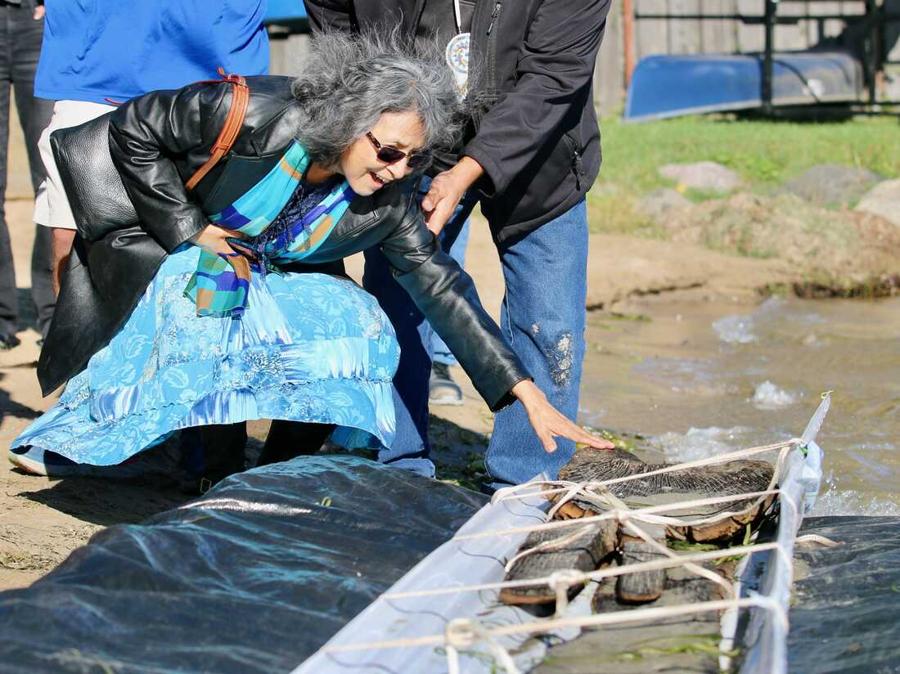
Deep Diving for History: Another Ancient Canoe Found in Lake Mendota
by Theodore Morrison, age 15
An ancient canoe dating back three millennia has recently been unearthed from the bottom of Lake Mendota. This artifact was discovered by Tamara Thomsen, a regular scuba diver in the lake, who was teaching a diving lesson to a student when she spotted what would end up being the exposed end of the canoe.
The canoe could be dated as far back as 1000 BCE! To put that in perspective, Japan, one of the oldest existing nations on the planet, was founded in 660 BCE, making the canoe older. This is not the only bizarre thing about the discovery: Thomsen also discovered the previous record-holder for the oldest intact canoe, in Wisconsin just a year ago.
The canoe was crafted by ancestors of the tribe now known as the Ho-Chunk Nation. This canoe was praised by archaeologist Amy Rosebrough saying, “I don’t have many words for what this is right now. I can’t really think of much that competes with this. I really can’t. I mean Wisconsin has incredible archaeology, but this is stellar.” The quote exemplifies the quality of the product the pre-Ho-Chunk Nation people made and the state of its preservation.
This 3,000-year-old canoe was fortunate to have been sheltered from water. It is likely that it had been covered, until recently, completely by sand and other debris at the lake bottom, preventing the water from destroying it. Both canoes discovered by Ms. Thomsen are extremely fragile, the newly discovered one having to be sheltered by two flanking ships when brought to shore on a windy day. Ms. Thomsen would later compare the fragility of the younger, 1,200-year-old canoe to that of a bagel and the older 3,000-year-old canoe, to that of wet cardboard.
These discoveries help pave the way for the expansion of our knowledge of how these pre-colonial natives lived and how their culture functioned. That is why many within the Wisconsin State Historical Society were excited to see these canoes recovered.
[Source: Wisconsin State Journal; Wisconsin Historical Society; Madison.com]



Loading Comments...